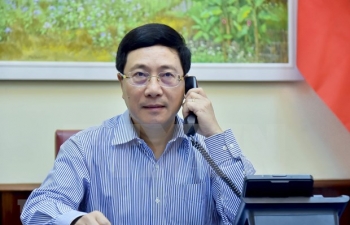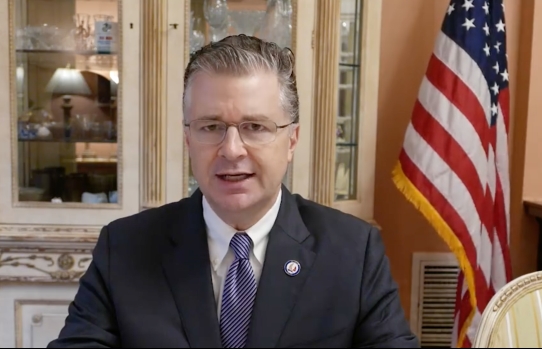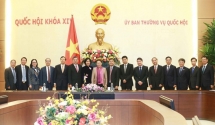Germany, Sweden and Poland to expel Russian diplomats
| Top diplomats of Vietnam, Russia talk strengthening bilateral cooperation | |
| Foreign diplomats hail Vietnam’s achievements in COVID-19 fight | |
| NA leader receives newly accredited diplomats of Vietnam |
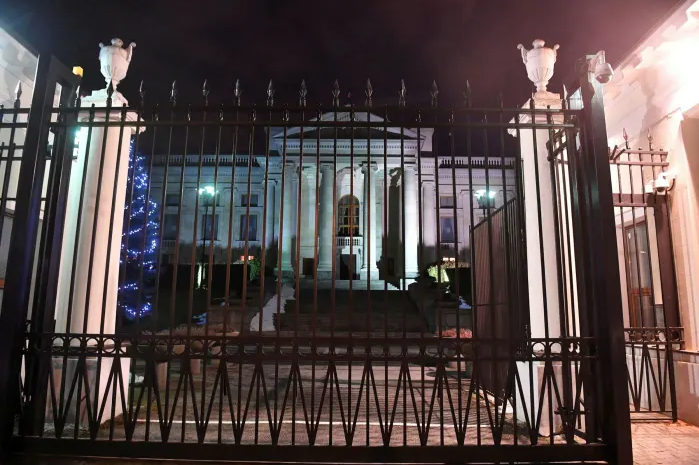 |
| The Russian embassy in Warsaw. (Photo: Financial Times) |
Moscow’s decision to expel EU diplomats last week
Tensions between Europe and Russia are rising and the timing of Moscow’s expulsions last week was an embarrassment for the EU, coming during a visit by its foreign policy chief Josep Borrell.
Russia accused the diplomats of participating in the protests, which the three nations, all members of the European Union, denied. But Moscow’s actions were judged by experts to be more serious since they represented a calculated insult to the European Union and its foreign-policy chief, who was engaged in a news conference with his Russian counterpart when the expulsions were revealed.
The visit of the European official, Josep Borrell Fontelles, was controversial from the start because it took place two days after Mr. Navalny was sentenced. Mr. Borrell defended the trip as an important effort to establish better relations with Russia, an important trading partner, and as a chance to state in person European demands that Mr. Navalny is freed, according to New York Times.
But some member states, like Poland and the Baltic nations, thought the timing was inappropriate. Mr. Borrell was also criticized for not visiting Mr. Navalny and for the way he handled himself, especially during the news conference with the Russian foreign minister, Sergey V. Lavrov. In a joint press conference, Russia’s foreign minister Sergei Lavrov called the EU an “unreliable partner”. Borrell defended his trip in a strongly-worded blog post on Sunday, saying that it showed Russia did not want a “more constructive dialogue with the EU”.
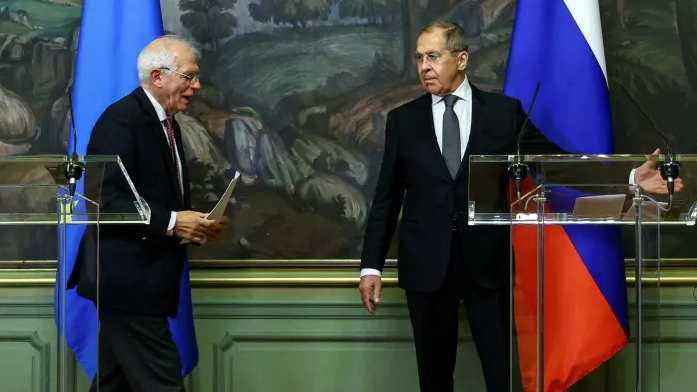 |
| Josep Borrell, left, EU foreign policy chief, and Russian foreign minister Sergei Lavrov leave their joint news conference in Moscow last Friday. (Photo: AP) |
Europe responses
On Monday, Germany’s foreign ministry said it would expel one member of Russia’s embassy in Berlin, arguing that Moscow’s initial expulsions last Friday were not justified. “The German diplomat concerned was simply carrying out his duties as set out in the Vienna Convention on Diplomatic Relations to inform himself by lawful means about local developments,” a spokesperson said.
In Poland, the foreign ministry announced it would expel a member of staff from Russia’s consulate in Poznan. “Regardless of pressure from the Russian authorities, Polish diplomats will continue to carry out their duties in the Russian Federation, which they are entitled [to fulfill] on the basis of the Vienna Convention on Diplomatic Relations,” the ministry said.
Swedish Foreign Minister Ann Linde said Stockholm's action was a "clear response to the unacceptable (Russian) decision to expel a Swedish diplomat who was only performing his duties", Thompson Reuters cited.
Later Monday, a spokeswoman for the Russian foreign ministry, Maria Zakharova, said on state television that the expulsions of Russian diplomats were “unjustified, unfriendly and a continuation of the same series of actions the West is taking against our country, which we qualify as interference in internal affairs.”
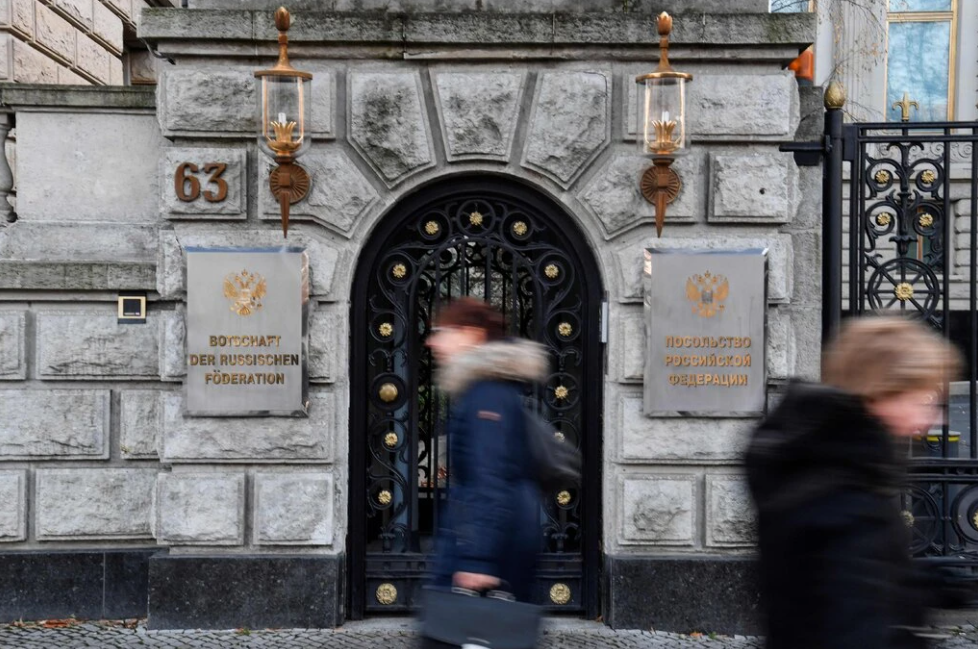 |
| The Russian Embassy in Berlin. (Photo: NYT) |
Tension keeps on escalating
Mr. Borrell, after returning from what he called a “very complicated” visit to Moscow, said in a statement on Sunday that he had visited to “test, through principled diplomacy, whether the Russian government was interested in addressing differences and reversing the negative trend in our relations. The reaction I received points visibly in a different direction,” he wrote. Russia and the European Union “are drifting apart,” Mr. Borrell said. “It seems that Russia is progressively disconnecting itself from Europe and looking at democratic values as an existential threat.”
Some members of the European Parliament called for Mr. Borrell’s resignation. But Eric Mamer, spokesman for the European Commission, said, “A trip is not a success or a failure on the basis of what happens during a particular moment.”
Mr. Borrell’s trip was intended partly to inform the European Union’s debate on relations with Russia. Foreign ministers from the bloc will debate the issue on Feb. 22 to prepare their leaders for a discussion of strategy at the European Council summit meeting in late March, which could result in new sanctions against Russia.
Poland convened a two-hour-long video call with EU states on Monday that was joined by envoys from Britain, the United States, Canada, and Ukraine, as well as two allies of Navalny, Vladimir Ashurkov and Leonid Volkov, to discuss policy on Russia, including sanctions.
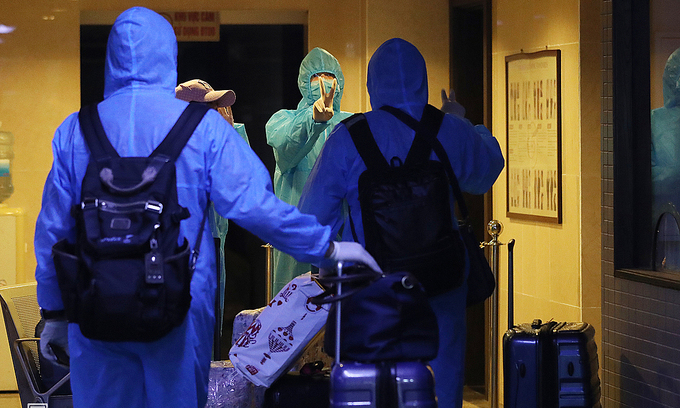 | Experts urge tightening home quarantine for diplomats Experts have suggested tightening home quarantine procedures that are being applied for diplomats entering Vietnam in order to avoid COVID-19 outbreaks. |
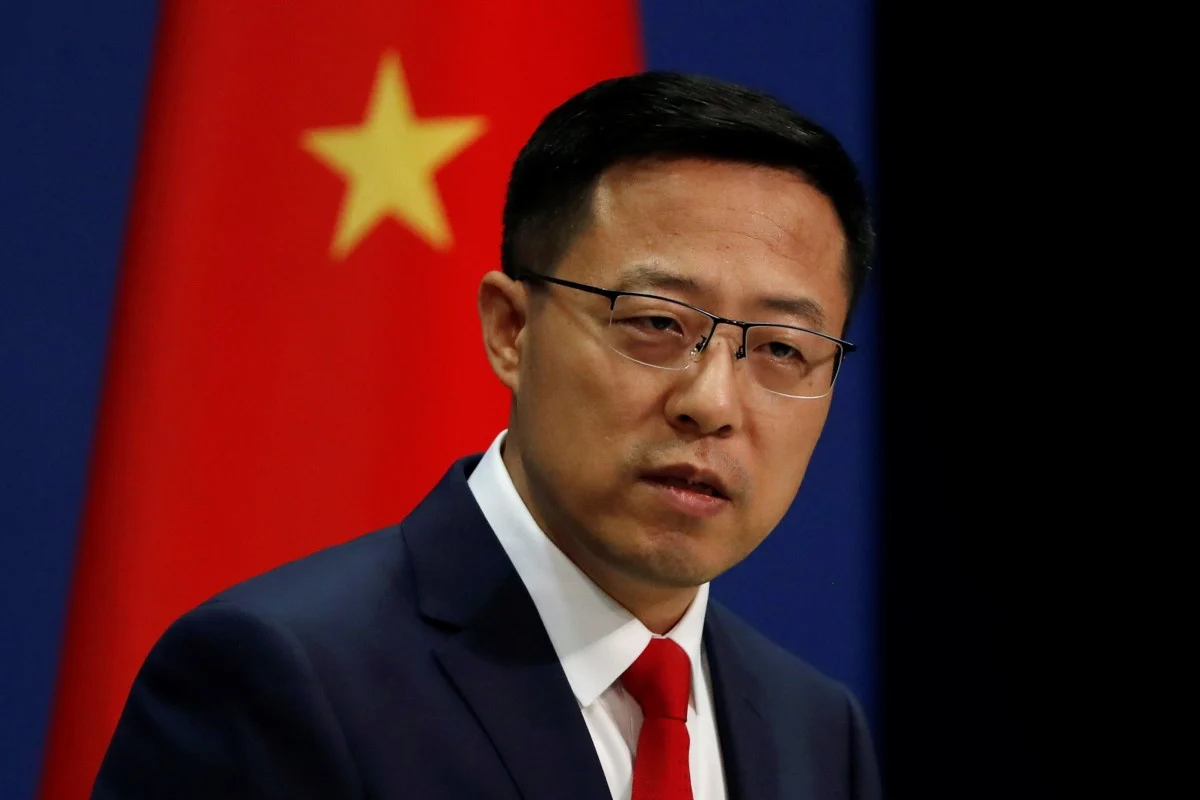 | China takes countermeasures to US by restricting movements of US diplomats China proclaimed on Friday that it would impose "reciprocal restrictions" on all American diplomats in China in response to previous restraints on the activities of ... |
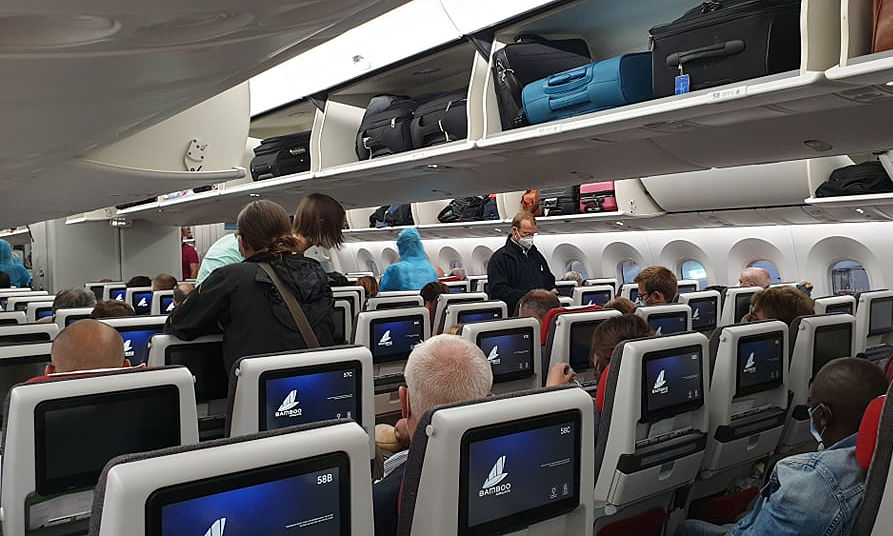 | European diplomats, businesspeople enter Vietnam for investment activities Bamboo Airways has brought 226 diplomats and businesspeople from 15 European countries to Vietnam and all were quarantined on arrival. |
Recommended
 World
World
India strikes back at terrorists with Operation Sindoor
 World
World
India sending Holy Relics of Lord Buddha to Vietnam a special gesture, has generated tremendous spiritual faith: Kiren Rijiju
 World
World
Why the India-US Sonobuoy Co-Production Agreement Matters
 World
World
Vietnam’s 50-year Reunification Celebration Garners Argentine Press’s Attention
 World
World
"Will continue offering our full support to Indian govt": US FBI Director after Pahalgam attack
 World
World
"Great Leader": JD Vance Lauds PM Modi During His India Visit
 World
World
Trump’s Tariff Pause: A Strategic Move from “The Art of the Deal”?
 World
World

